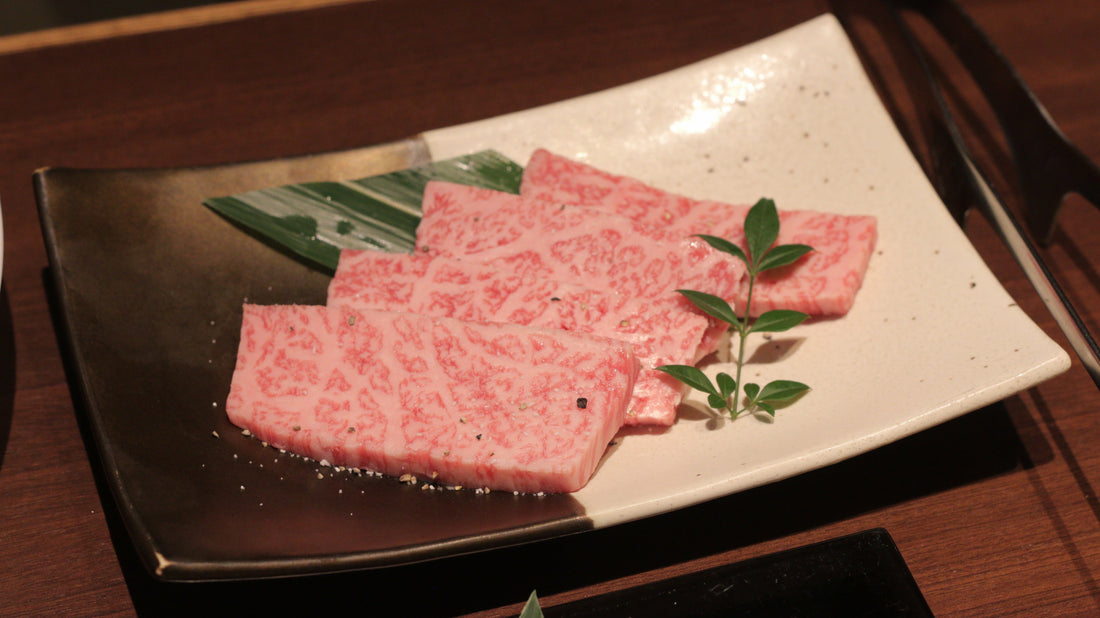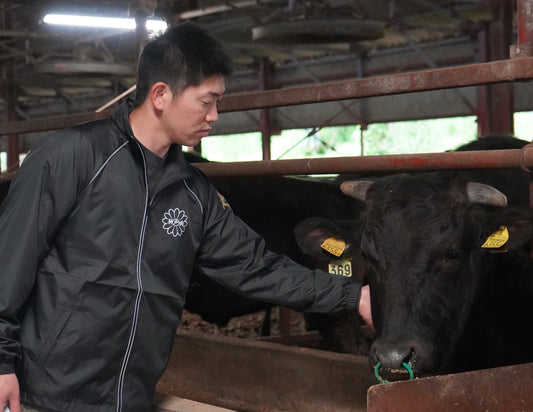
Is There Halal or Kosher Wagyu in Europe?
Share
As Japanese Wagyu beef continues to grow in popularity worldwide, questions about its suitability for different dietary laws often arise. Specifically, many people wonder: Is Wagyu halal or kosher, and is it available in Europe?
Understanding Halal and Kosher Requirements
Halal (Islamic Dietary Law):
-
- Halal refers to what is permissible under Islamic law, and for meat to be considered halal, it must meet specific criteria:
- The animal must be healthy at the time of slaughter.
- The slaughter must be performed by a Muslim, and a specific prayer ("Bismillah Allahu Akbar") must be recited.
- The blood must be completely drained from the carcass.
- The animal must be treated humanely before slaughter.
- Halal refers to what is permissible under Islamic law, and for meat to be considered halal, it must meet specific criteria:
Kosher (Jewish Dietary Law):
-
- Kosher dietary laws, known as kashrut, also have stringent requirements:
- The animal must be a permitted species (e.g., cattle are allowed).
- The slaughter (shechita) must be performed by a trained Jewish individual (shochet) using a specific method to minimize pain.
- The animal must be inspected to ensure it is free of certain defects.
- Blood must be removed from the meat, often through soaking and salting.
- Kosher dietary laws, known as kashrut, also have stringent requirements:
Wagyu Beef and Halal Certification in Europe
Wagyu that meets halal standards is currently exported to certain countries in the Middle East or regions where all meat must comply with halal requirements.
Unfortunately, there are no established routes for halal Wagyu to be shipped to European countries. It is important to note that halal Wagyu is raised and processed with the utmost care, ensuring compliance with Islamic dietary laws, including humane treatment, proper feeding, and slaughter practices.
Wagyu Beef and Kosher Certification in Europe
Kosher-certified Wagyu is currently not available in Japan. According to kashrut laws, kosher beef requires the upper half of the carcass to be processed by a specialist rabbi (shochet), who also inspects for internal diseases and checks vaccination records. The certification process for kosher meat is extremely stringent and involves precise adherence to Jewish dietary laws. The certification known as “Glatt” is especially popular in Western markets for its additional level of scrutiny, making it a premium product. However, due to the lack of facilities and processes in Japan to meet these requirements, kosher Wagyu remains unavailable, even in Europe.
What Makes Halal and Kosher Wagyu Unique?
Halal and kosher certifications ensure that the beef adheres to specific dietary laws, but they also signify an ethical and high-standard approach to meat production. These practices prioritize humane treatment, cleanliness, and respect for religious traditions. Wagyu beef, known for its exceptional marbling, combines beautifully with these certifications when available, offering a premium product that aligns with cultural and ethical values.
Conclusion
While kosher-certified Wagyu is not currently available in Japan, halal Wagyu may be exported to the Middle East, where such certification is mandatory. Unfortunately, neither halal nor kosher Wagyu has established distribution routes to Europe.



